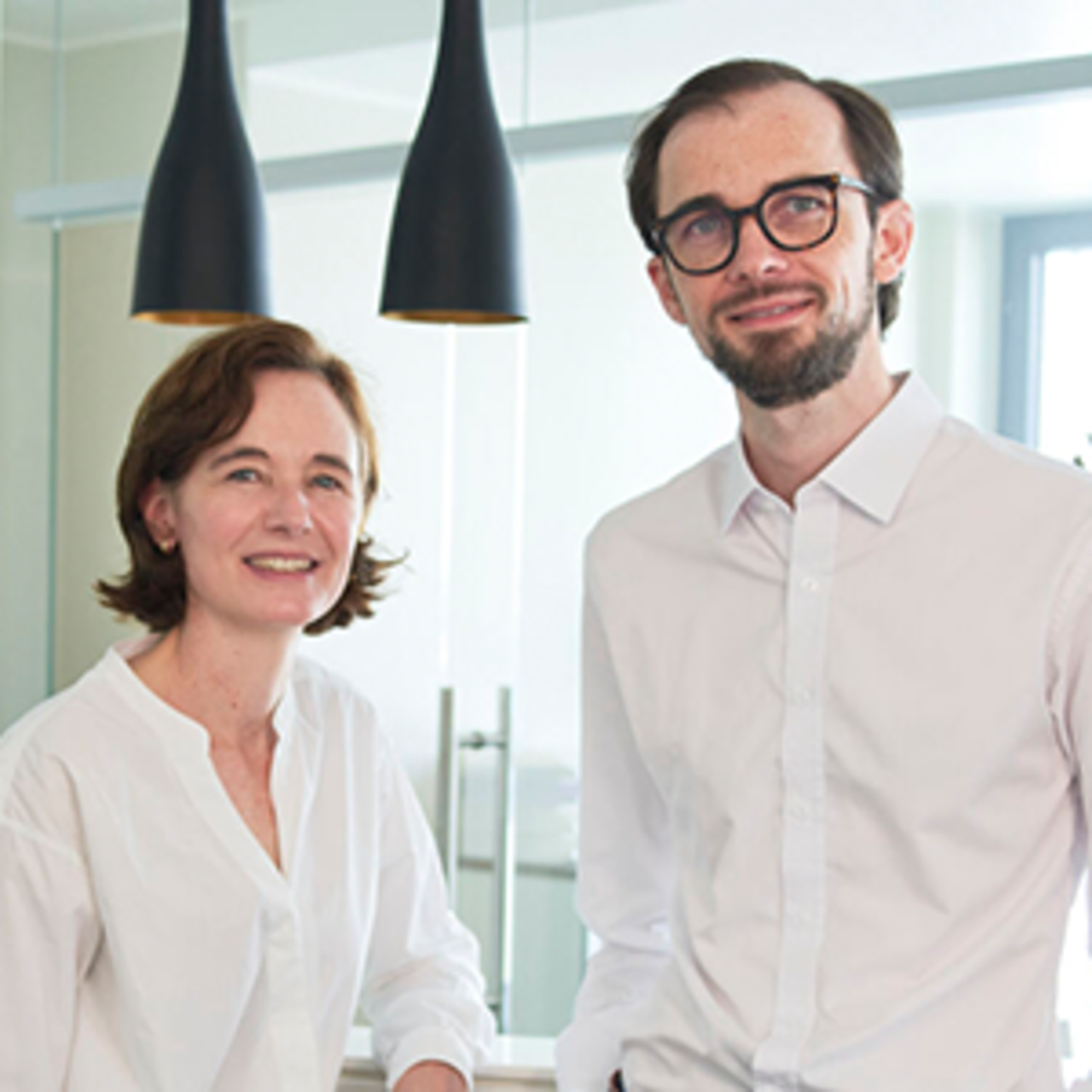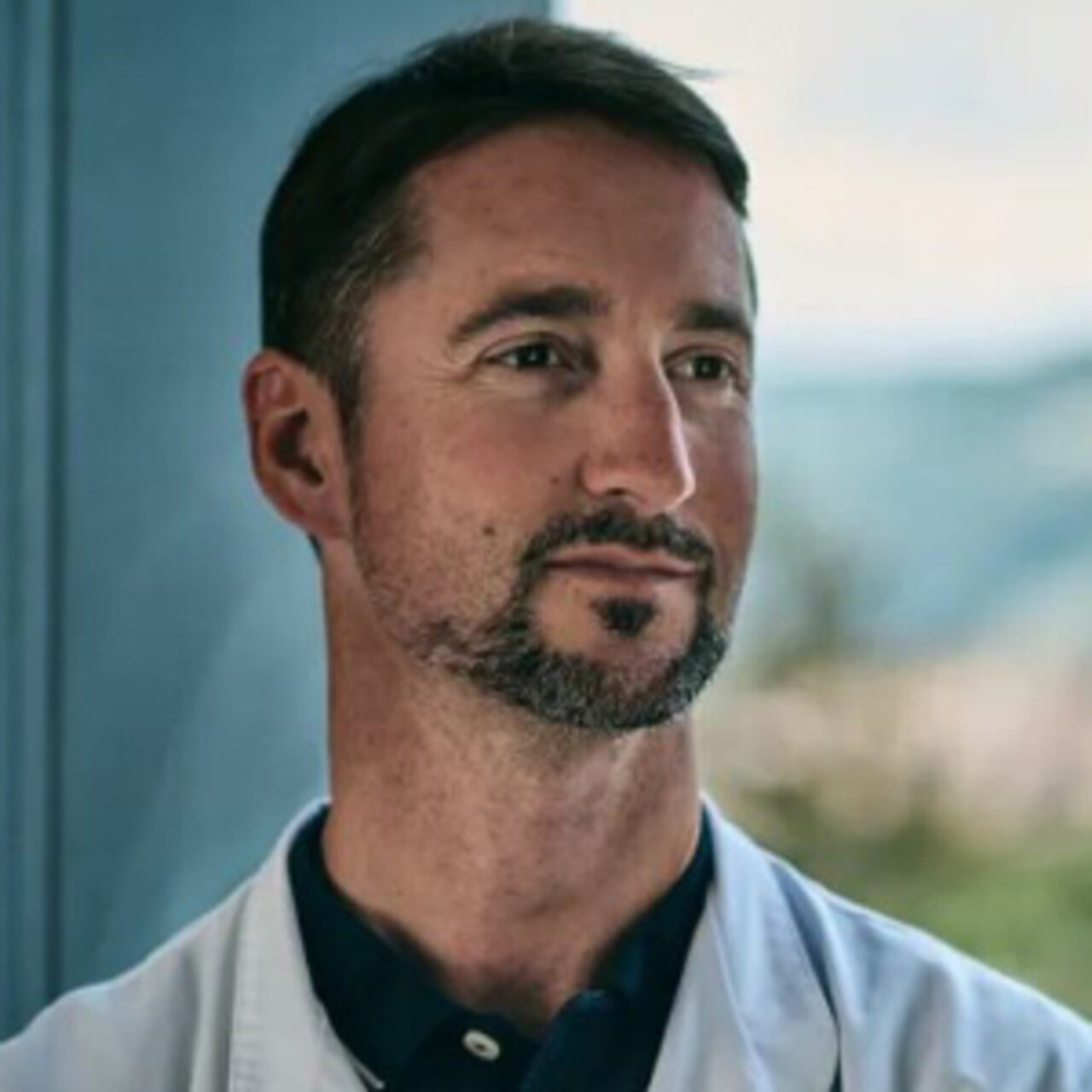Specialists in Lung nodule
5 Specialists found
Information About the Field of Lung nodule
What is a lung nodule?
When round, clearly defined shadows measuring up to 3 cm in diameter are found during radiologic imaging of the lungs, they are referred to as lung nodules (pulmonary nodules). In most cases, lung nodules are accidental findings following X-rays, meaning that the original examination was conducted for another reason. Lung nodules can occur alone or in multiple foci and are due to a variety of causes. The most common causes are benign tumors, which are inflammatory tissue changes following infections or congenital malformations. While for some patients, these may proceed without any problems, they can pose a serious health risk in other cases. As a lung nodule can also indicate a malignant disease, it is essential to identify the underlying cause.
Causes and symptoms
Lung nodules are common in everyday clinical practice, and most patients do not have any symptoms as the finding of the nodule was incidental. Typically, pulmonary nodules are unremarkable at first and symptoms such as coughing, shortness of breath, chest pain or even a bloody cough only become apparent later.
There are many reasons for the development of lung nodules. One reason they arise is after an infection or lung disease, which is caused by the body’s own immune response. Examples include infectious lung diseases such as tuberculosis, chronic lung diseases or autoimmune diseases that affect the lungs. Another reason for the development of lung nodules is a tumor. Here, it is important to differentiate between benign and malignant tumors.
Lung nodule after the flu
The flu or influenza is a widespread infectious disease that affects all ages and is particularly seasonal. The causative influenza virus is a member of the orthomyxovirus family and changes its subtype every year because of random mutations. It therefore repeatedly causes a wave-like illness of the respiratory system in many people. The infected patients often show no symptoms at all. However, if symptoms do appear, they are usually mild and are characterized by fever, chills, muscle and joint pain, as well as fatigue. Acute bronchitis often develops with a dry cough that produces very little sputum. Generally, patients who have recovered from the flu heal without complications. Nevertheless, high-risk patients such as the elderly or children under the age of 5, along with pregnant women and immunocompromised patients, have an increased risk of suffering potentially life-threatening complications. These include both viral and secondary bacterial pneumonia, which can lead to acute lung failure.
Lung nodules after COVID
The novel coronavirus SARS-CoV-2 has been dominating politics, media and healthcare for over a year now. People have been affected daily by the virus in different ways. While many of those infected had no symptoms, or only had mild specific symptoms like a fever, dry cough, shortness of breath, or loss of smell or taste, other individuals have been severely affected by COVID-19. Some people who contracted the virus could develop pneumonia and its life-threatening complications such as respiratory failure, shock, or organ damage especially the kidneys. Higher risk patients are particularly susceptible to a more severe or even life-threatening course of the disease.
While the long-term effects of COVID-19 are not yet clear, it is apparent that many patients experience permanent lasting damage from the virus.
Lung nodule after pneumonia
Pneumonia is an inflammation of the alveoli and/or the interstitial connective tissue. Even these days, pneumonia can have fatal consequences and remains the most common cause of deadly infections in industrialized countries.
This illness is caused primarily by bacteria, but also viruses and fungi can reach the lungs through the respiratory tract. People who are healthy and have an intact immune system are much less likely to develop pneumonia, however if a symptomatic course occurs, it can generally be effectively treated. Particularly in older patients and those with a compromised immune system, the consequences of pneumonia can be serious and irreparable. Chronic pneumonia develops if there is no treatment and if the infection persists. In this case, our body constantly tries to fight the infectious pathogens and initiates a strong inflammatory immune response, which also damages the body's own cells. The healing process after an infection may result in scarred tissue and lung nodules.
Lung nodules and COPD
COPD stands for chronic obstructive pulmonary disease and is characterized by chronic inflammation and narrowing of the airways. It is caused by long-term inhalation of harmful substances particularly tobacco but also polluted air. Additionally, repeated infectious lung diseases can lead to COPD. The onset of COPD is characterized by a chronic cough with productive sputum mostly in the mornings and shortness of breath particularly during exertion. If the disease progresses it can lead to acute worsening of the patient's condition and shortness of breath becomes noticeable even at rest. Recurring respiratory infections are also common. With COPD, the lungs are exposed to permanent and damaging stress and will eventually suffer irreparable damage. The thin tissue walls between the alveoli are destroyed, resulting in over-inflated lungs (emphysema). Given that smoking is the main risk factor, COPD is becoming an increasingly prevalent civilization disease, prompting the development of new diagnostic methods. This includes increased screening and widespread routine check-up for COPD which allows for more lung nodule findings. While there is no non-invasive method to entirely rule out malignant diseases, it is not necessary to biopsy or surgically remove every nodule found. Even in COPD patients, who are classified as high-risk individuals, it is important to examine the lung nodule on an interdisciplinary basis.
How quickly do lung nodules grow?
Lung nodules can grow quickly, slowly or their size can remain unchanged for years, depending on the condition causing them.
If the size remains constant over the years, monitoring it is usually sufficient. Nonetheless, the lung nodule should be regularly checked.
Any growing of a lung nodule should be taken seriously and with the consideration of additional criteria, prompt medical intervention should be done. Particularly if it is rapidly growing, then it may indicate a malignant tumor and can worsen the prognosis if no treatment is given.
Lung nodule: surgery or wait?
Whether a lung nodule should be monitored regularly, undergo surgical removal or a tissue biopsy depends on several factors and is decided by a team of interdisciplinary specialists. The deciding factors here include how quickly the growth of the lung nodule is progressing and how it looks on radiological imaging. Generally, the larger and more irregular the lung nodule’s margins, the higher the likelihood of it being malignant. Individual risk factors are also considered, such as the patient's age, a positive family history and smoking habits. All of these and many more criteria are used to determine if the lung nodule should initially only be regularly checked and monitored, or whether it is necessary to take a sample or even operate on the lung.
Prognosis
A patient who is notified of the incidental finding of a lung nodule, should not immediately panic, because malignant tumors are far less common than benign diseases. Despite this, any change in lung tissue should be investigated soon so that the right therapy can be started early to ensure the best possible prognosis for the patient.
Depending on the underlying disease, certain lung tumors require no treatment at all, whereas others can be treated with an antibiotic or symptomatic therapy. If, on the other hand, a diagnosis of lung cancer is made, whether primary lung cancer or lung metastasis (malignant tumor originating from a distant site), the prognosis varies depending on several factors. For instance, the stage at the time of diagnosis, the type of tumor, the patient's general health and their personal treatment preferences.
Which doctors and clinics specialize in lung nodules?
Anyone in need of a doctor would expect the best possible medical care for themselves. Therefore, patients are looking for the most suitable clinic for their needs. Since this is not an objective decision and a respectable doctor would refrain from claiming to be the best, patients must trust the experience of a doctor.
We can help you find an appropriate expert for your condition. All the doctors and clinics listed have undergone extensive review and have been verified by us for their outstanding expertise in the field lung nodules. They are looking forward to and are ready to address your questions and treatment requests.





